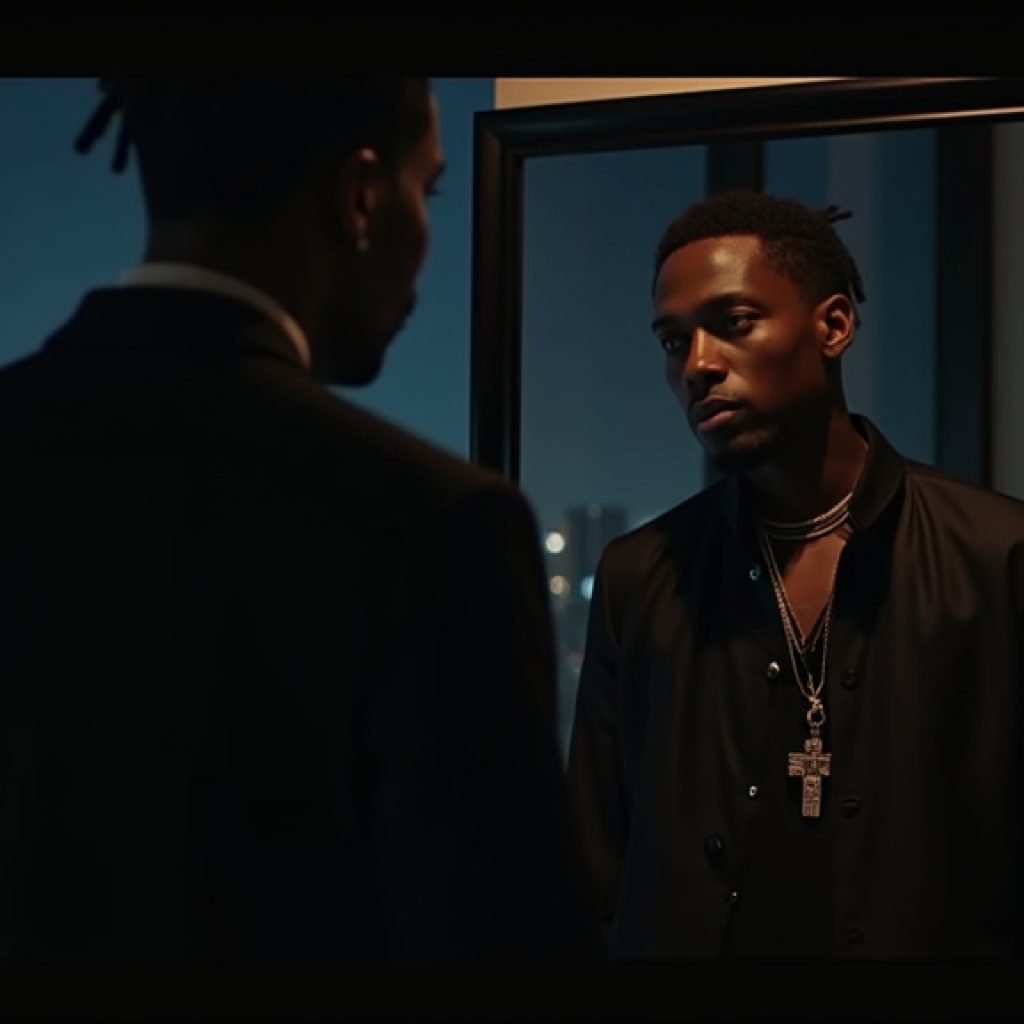Fat Joe, a titan in the hip-hop world, recently revealed a deep internal conflict, admitting he can’t stop listening to Gunna’s latest album, “A Gift & a Curse,” despite serious reservations about the artist’s perceived loyalty. Speaking on his podcast “Joe and Jada” with co-host Jadakiss, Joe articulated a dilemma that strikes at the heart of hip-hop culture: the tension between appreciating artistic merit and upholding a strict code of allegiance.
The Musical Appeal vs. The Ethical Quandary
Fat Joe confessed that during a recent flight, he found himself engrossed in Gunna’s “A Gift & a Curse,” playing the album in its entirety without skipping a track. The project has proven to be a significant commercial success, debuting at number three on the Billboard 200 and topping the Billboard Rap Charts, a testament to Gunna’s enduring appeal and musical prowess. However, Joe’s enjoyment of the music is complicated by Gunna’s controversial involvement in the YSL RICO case. Gunna’s decision to accept an Alford plea deal in December 2022, which involved acknowledging YSL as a gang and admitting personal knowledge of criminal activities by its members, has deeply divided the hip-hop community. Many view this move as a betrayal of the street code, labeling Gunna a “rat,” a term that carries immense weight and condemnation within rap circles.
A Personal Code Forged in Experience
For Fat Joe, this isn’t merely an abstract debate about industry practices; it’s rooted in personal experience. He recounted a past incident where a close friend’s betrayal after facing federal charges left an indelible mark. This experience cemented his belief that “betrayal carries no second chances.” This personal conviction dictates his stance: while he can appreciate the artistry and find enjoyment in Gunna’s music, he cannot publicly endorse or “co-sign” an artist he believes has violated this fundamental code of loyalty. This creates a paradox for Joe, as he can actively listen to and appreciate the music without offering the broader support that public endorsement implies.
Hip-Hop’s Enduring Loyalty Debate
Fat Joe’s internal struggle highlights a persistent theme in hip-hop: the complex relationship between art and the artist’s actions, particularly concerning loyalty and authenticity. Hip-hop culture, with its roots in shared experiences and community, often places a high value on integrity, solidarity, and the adherence to unwritten rules. When an artist’s legal entanglements lead to admissions that are perceived as a breach of these codes, it challenges the very essence of the culture. Gunna’s situation has exacerbated these tensions, leading to public commentary and criticism from peers like Young Thug. The debate forces a consideration of whether one can separate the music from the musician’s alleged transgressions, a question that resonates deeply within a genre that often celebrates street narratives and loyalties. The inherent conflict between the music industry’s commercial demands and the street codes that birthed hip-hop ensures that these discussions remain recurring stories within the culture.
Jadakiss’s Interrogation
During the podcast, Jadakiss directly addressed the apparent contradiction in Fat Joe’s position. He questioned how Joe could so thoroughly enjoy Gunna’s album while simultaneously refusing to offer public backing. This challenge prompted Joe to reiterate his steadfast commitment to his principles, emphasizing that personal ethics, shaped by profound life experiences, take precedence over artistic appreciation.
Conclusion: The Unwavering Stance on Loyalty
Fat Joe’s public acknowledgment of his conflicted feelings towards Gunna’s music and persona underscores the deep-seated importance of loyalty within hip-hop. While Gunna’s “A Gift & a Curse” continues to dominate the top music charts and captivate listeners, artists like Fat Joe remain tethered to a personal code that prioritizes perceived integrity over artistic enjoyment. Joe’s unwavering stance—that the music might be compelling, but the artist’s alleged actions betray a fundamental code—leaves him in a state of appreciative detachment. This narrative serves as a powerful reminder that in the intricate tapestry of hip-hop stories, the threads of loyalty, art, and personal ethics remain inextricably woven, defining the very essence of the culture.























